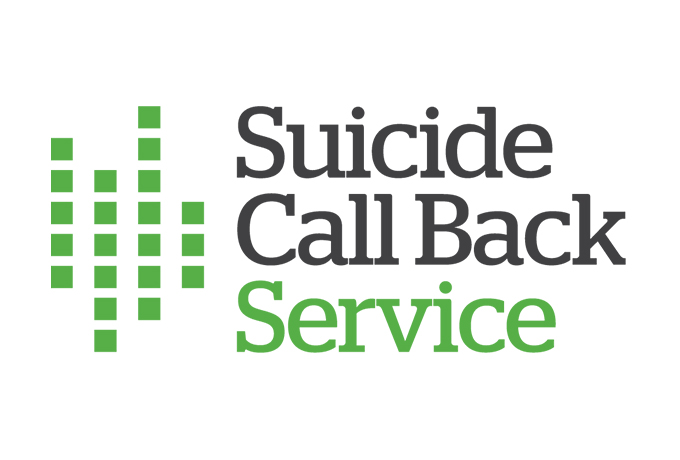Health professionals are in a key position to estimate risk and identify individuals at risk of suicide. While not all professionals treat suicidal clients regularly, this guide provides helpful insights and should complement, not replace, specialised training.
Effective management of a person at risk of suicide requires a comprehensive risk assessment followed by appropriate interventions to minimise risk. Professionals should evaluate both risk factors that elevate suicide risk and protective factors that mitigate it, as both are critical in informed decision-making.
Assessing for risk of suicide: identifying and monitoring
Sometimes a person will clearly articulate suicidal ideation. Other times, the cues will be more subtle, such as feelings of hopelessness, depression, insomnia, or a desire for medication changes. Health professionals must be vigilant for these cues and be prepared to ask directly about suicide intent.
Risk factors for suicide include:
- Previous suicide attempt(s)
- Lack of support
- Concurrent mental disorders
- Increasing substance abuse
- Low social support/living alone
- Male gender (three times more likely than females)
- Expressing feelings of hopelessness.
Suicide risk assessment
A systematic and thorough risk assessment transcends guesswork, forming a reasoned and structured clinical judgement.
- Understand the concept of risk and the factors associated with increased risk.
- Establish rapport with the individual.
- Conduct and document a thorough risk assessment.
- Use clearly defined categories for risk levels (e.g., non-existent, mild, moderate, high, imminent).
- Recognise the need for ongoing monitoring, as suicide risk can fluctuate with changing circumstances.
For more information, see our resource on Completing a Risk Assessment.
If someone is in danger or it is an emergency, call 000.
Suicide Call Back Service is a free national telephone and online helpline delivered by professional counsellors. The service is available 24/7. Call 1300 659 467.







